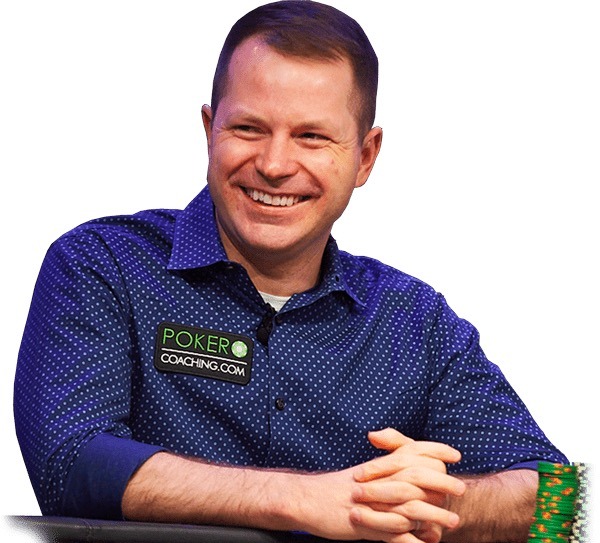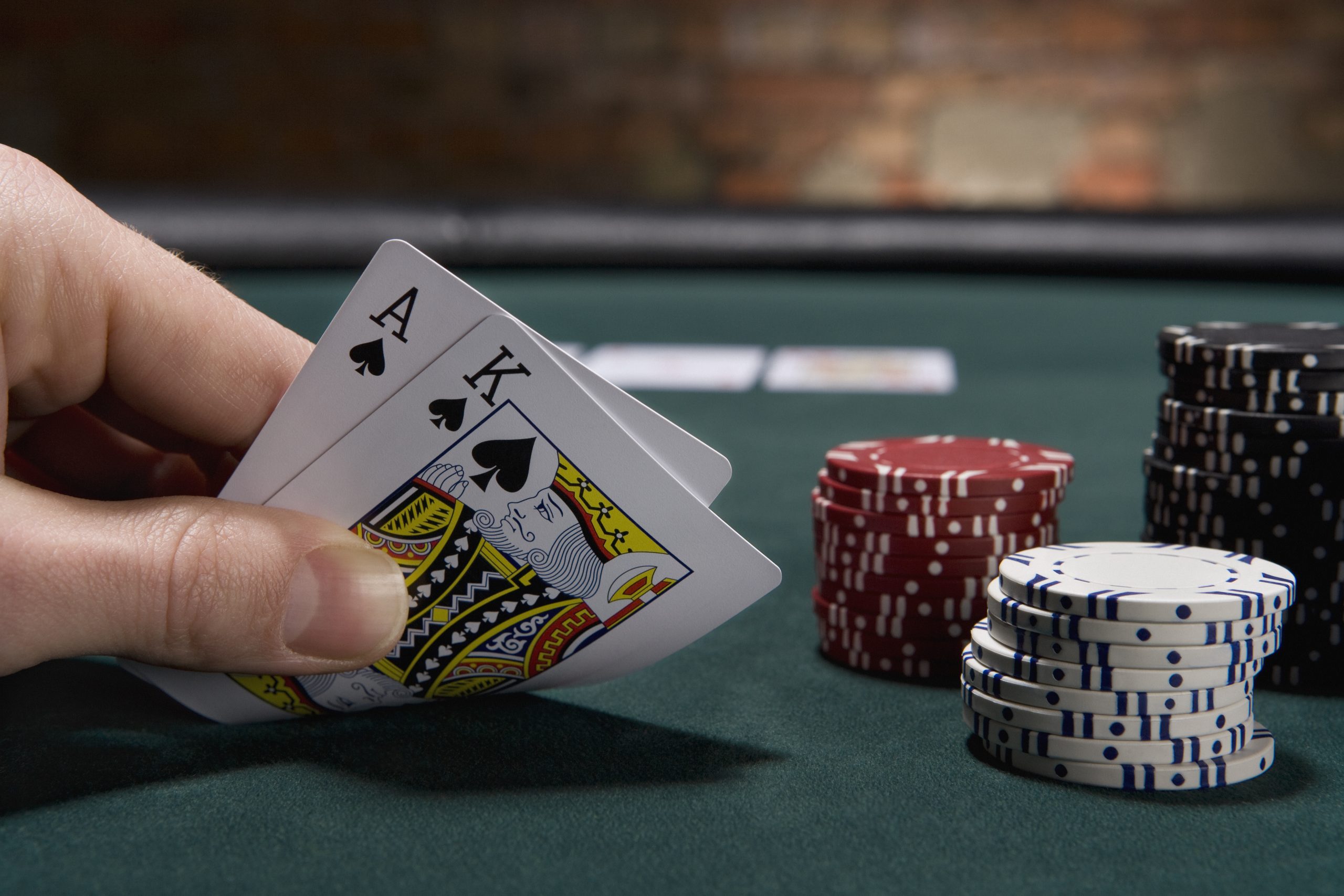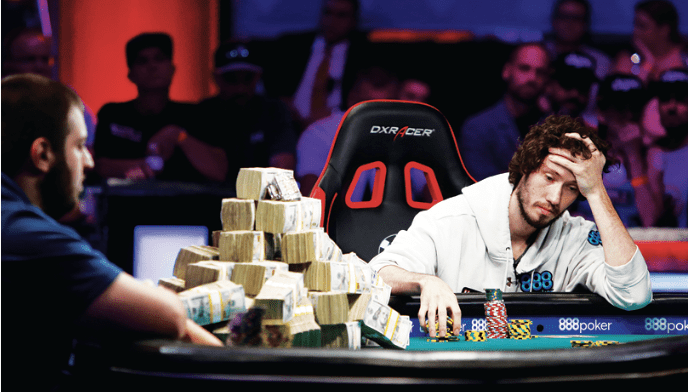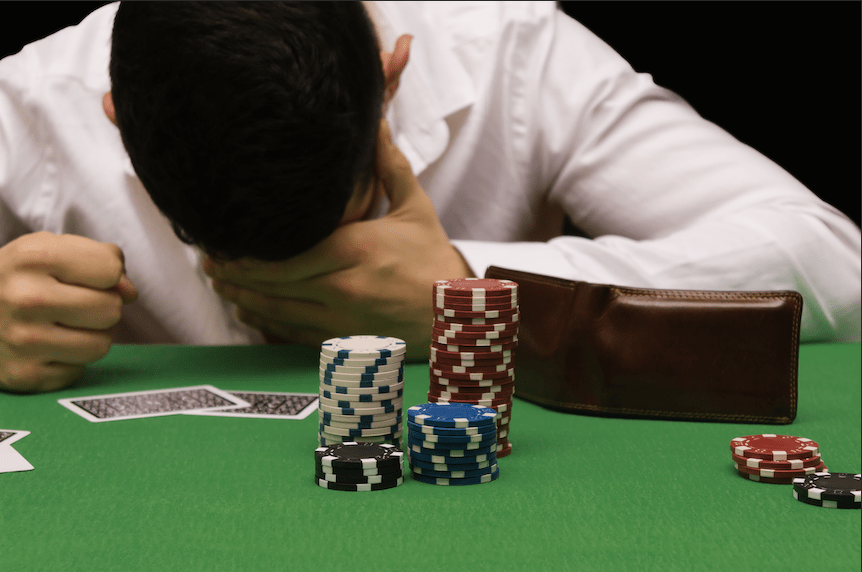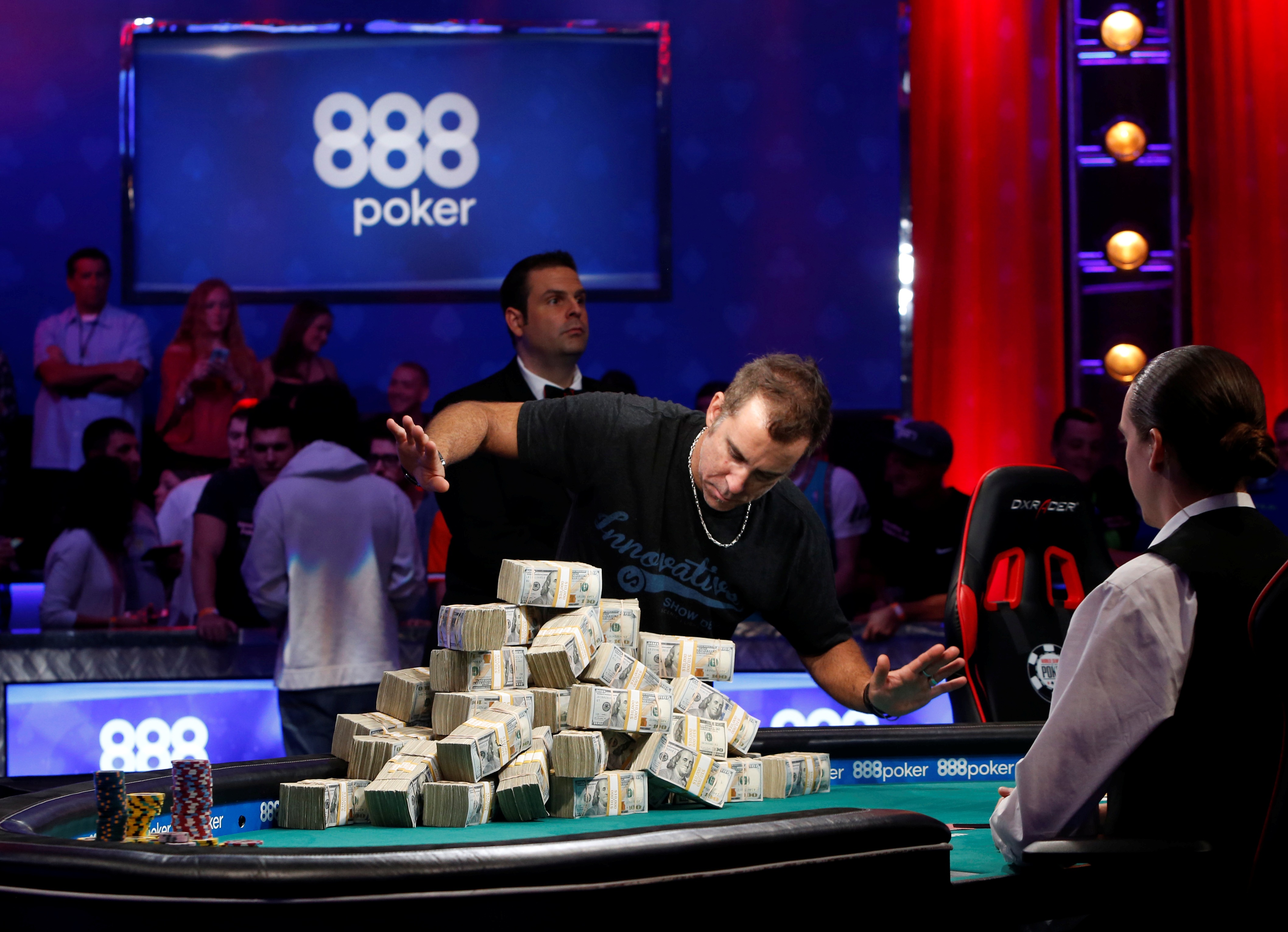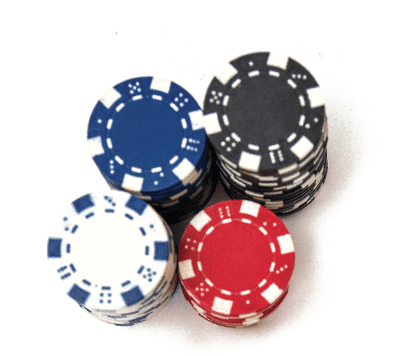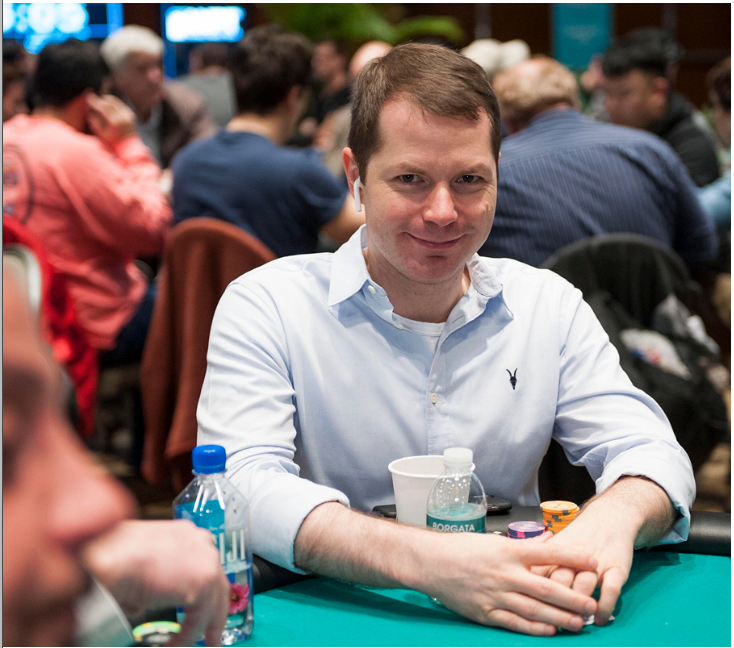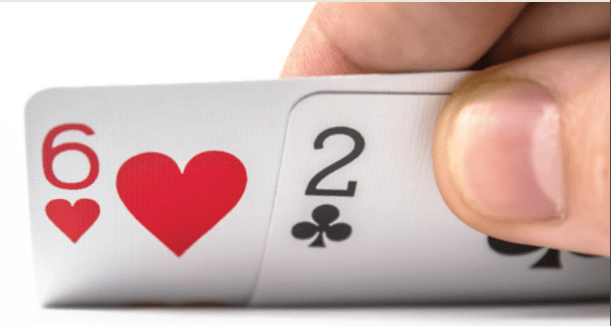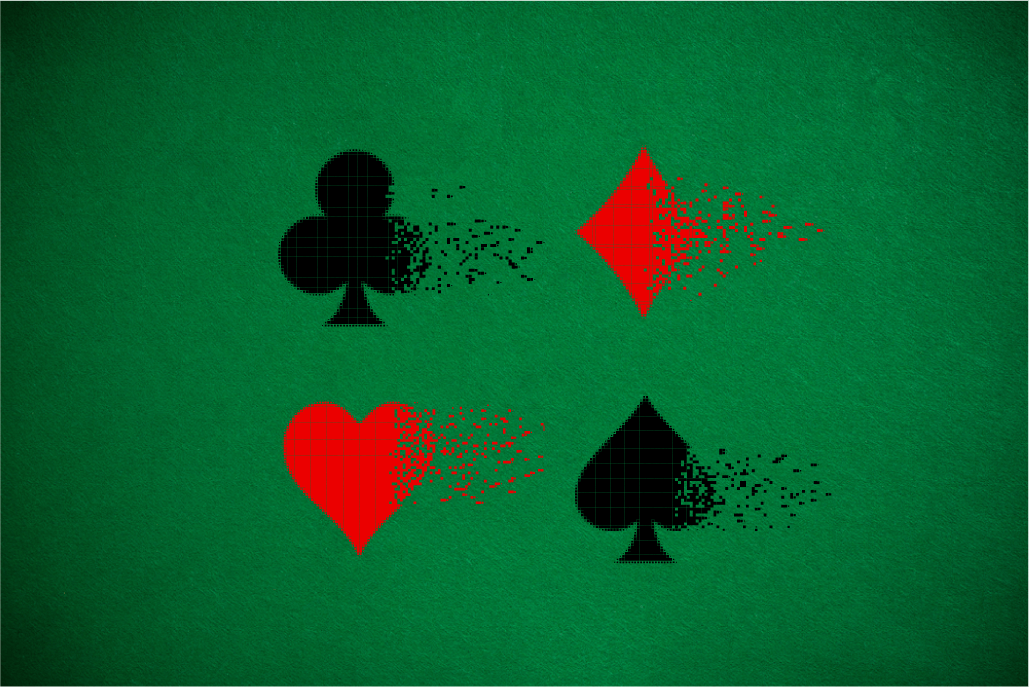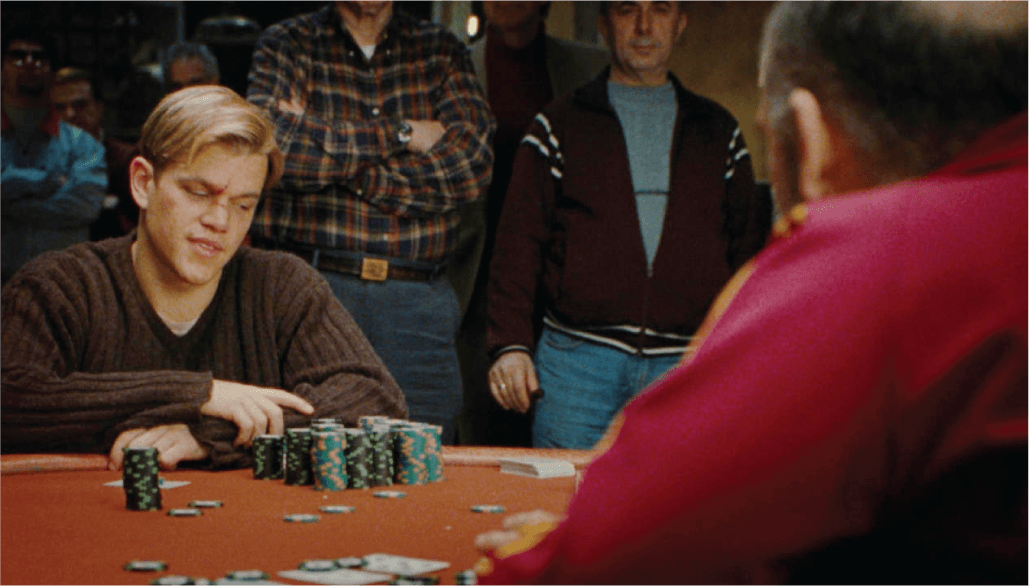Four Tips to Winning Poker
Players have a choice: Constantly hone their tactics or plunge into an abyss of losses
Poker’s a tough game, and players who aren’t constantly improving their skills risk becoming perpetual losers. So, don’t let that happen! If applied intelligently, the following four tips will ensure a player can stay competitive. Even players who find these tips familiar will benefit by having them brought back to the front of consciousness.
1. Think about an opponent’s ranges
Players who routinely put an opponent on one specific hand are certainly playing poorly. As a simple example, if a tight player raises from
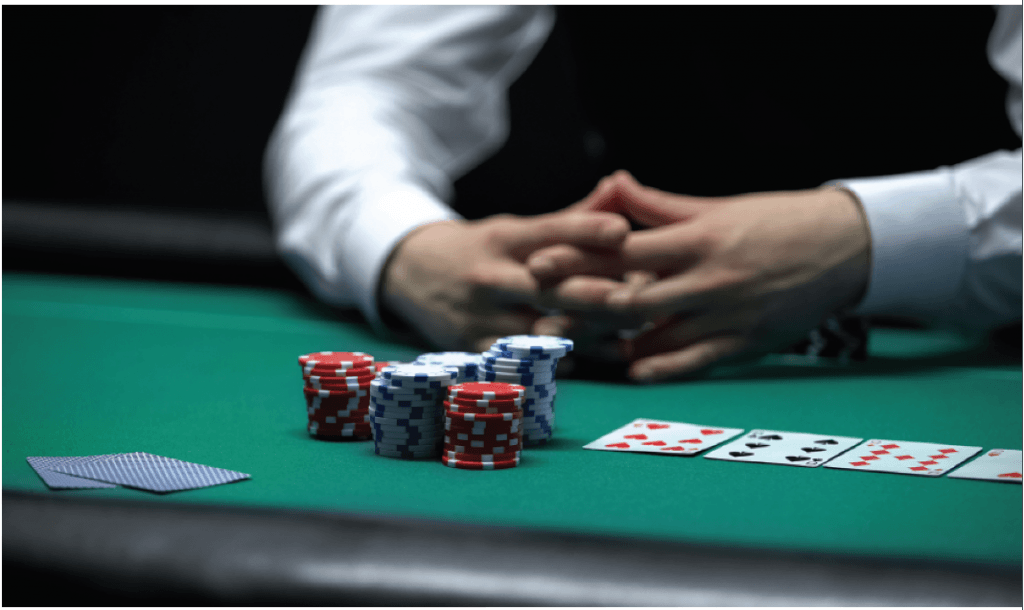
2. Stop continuation betting with 100% of the range
Players should continuation bet nearly 100% of the time. While this advice was spot-on a few years ago when people were folding too often, in today’s games, a player should tone down the continuation bet a bit. You should “check” when the board does not favor the
3. Double and triple barrel more often
Most people now know to call flop continuation bets with a somewhat wide range of made hands, draws and the occasional hand that has only a little potential to improve but will have lots of bluff opportunities. They also know to call the turn with any sort of made hand or reasonable draw. However, when players fire out a sizable river bet, most typical opponents usually give their opponents credit for a strong hand. So, don’t be afraid to get out of line and make a sizable bet, especially when there is little to no chance to win at the showdown. Of course, if a specific opponent calls down with a junky hand, reverse this advice and value bet relentlessly on all three streets, extracting maximum value with marginal made hands like a top pair with a bad kicker.
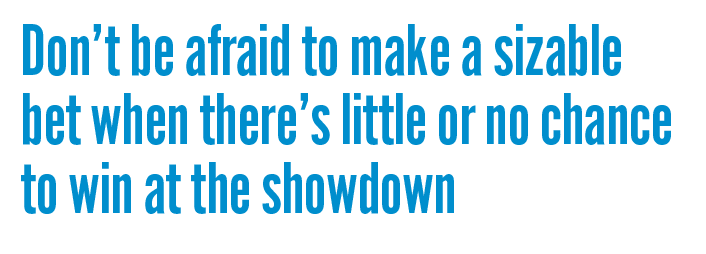
4. Study the players who win
Besides spending time studying the world-class players, study the best players in the games you are playing. Every time a player sits at the poker table—especially a small or middle stakes player—he will be engaging with players who are better. Study the plays they make that allow them to win. Make a point of incorporating those skills into a strategy. As a player moves up, he finds that some of the plays that worked in the small-stakes games don’t work in higher-stakes games. If a player’s mind is wandering while at the poker table, time is not being used wisely.
When NOT to Continuation Bet
Instead of automatically continuation betting with the entire range in heads-up pots, take a moment to consider how the board connects with an opponent’s range. If it connects well, check with many marginal hands that do not mind getting closer to the showdown, as well as some junky hands that have little to no potential to win if
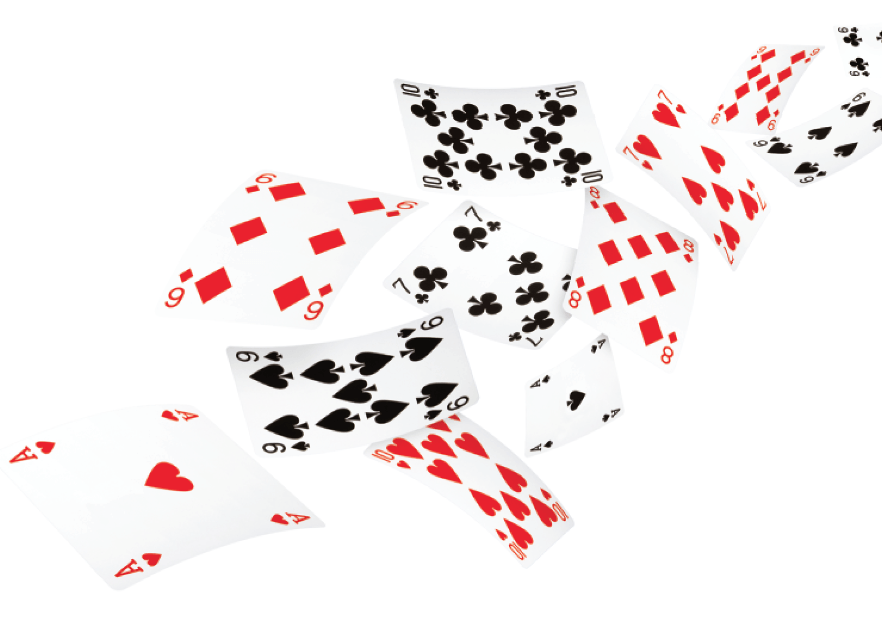
Suppose a player raises from middle position and the big blind calls. The flop comes 7 6 4. The opponent checks. Assuming a player is raising with a reasonable range from middle position, he should not have many premium hands on this flop besides 7-7, 6-6 and 4-4. However, an opponent’s big blind defending range contains many premium hands, including straights, three-of-a-kinds and two-pairs. In that situation, the big blind is said to have the “nut advantage.”
When an opponent has the nut advantage and a player does not have the range advantage, do a lot of checking, especially with hands that have showdown value but really don’t want to get raised. In that situation, even over pairs like J-J are not in great shape if they get check-raised, so consider checking this flop with most of the range besides with absolute best made hands as well as a few marginal flush draws and open-ended straight draws.

By playing in that way, when a player bets he will have plenty of premium hands that do not mind action as well as draws that do not mind folds, and when he checks, an opponent has no way of knowing if the player plans to fold to turn and river aggression. By making it difficult for an opponent to know where one stands, a player gives an opponent the opportunity to make mistakes, and when an opponent makes mistakes, a player makes money.
Jonathan Little, a professional poker player and WPT Player of the Year, has amassed more than $7 million in live tournament winnings, written 14 best-selling books and teaches at PokerCoaching.com. @jonathanlittle

